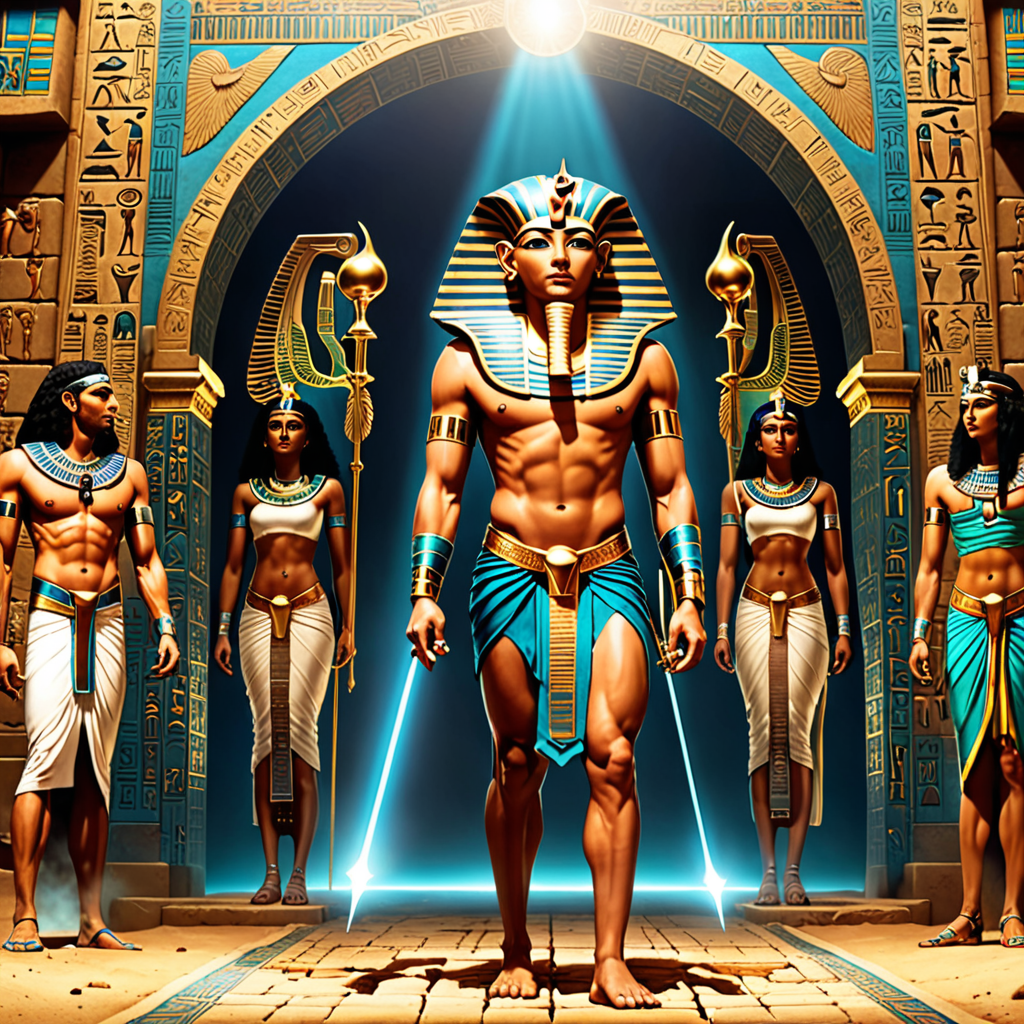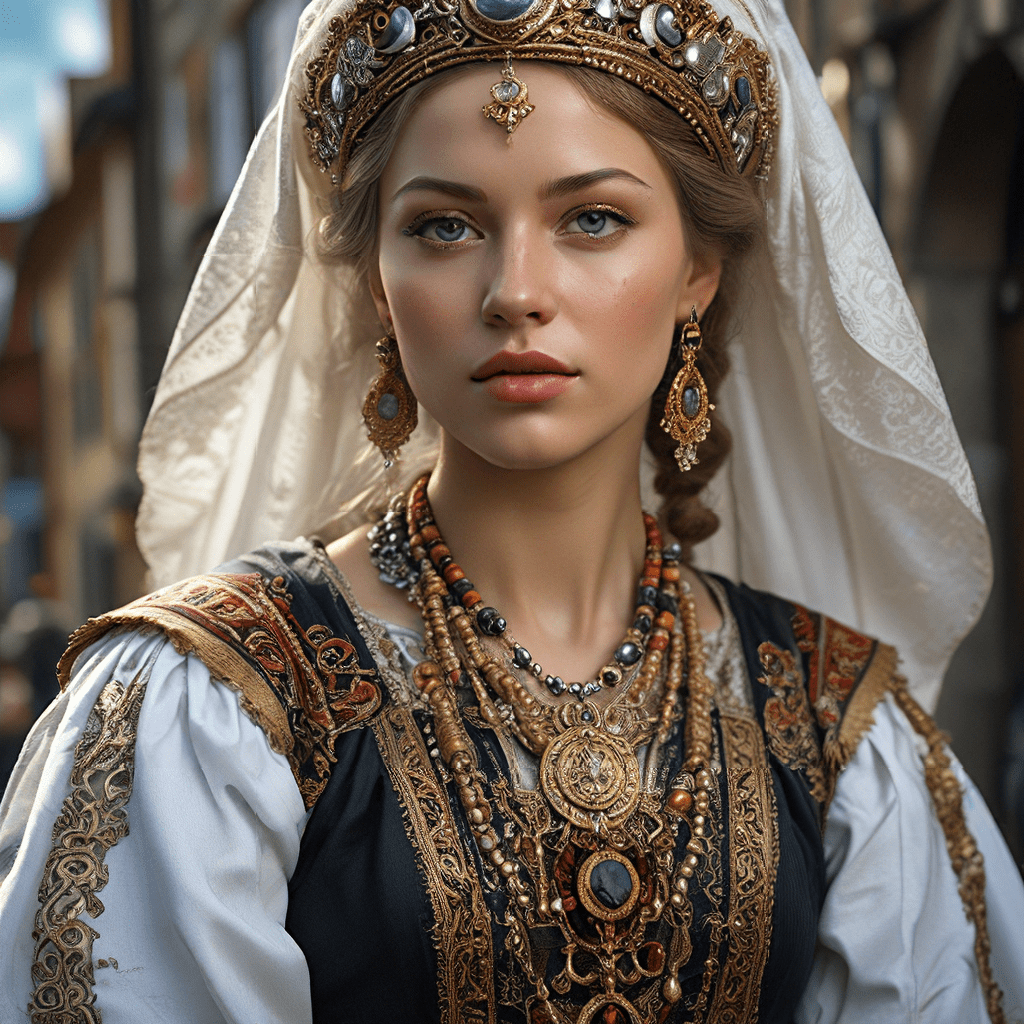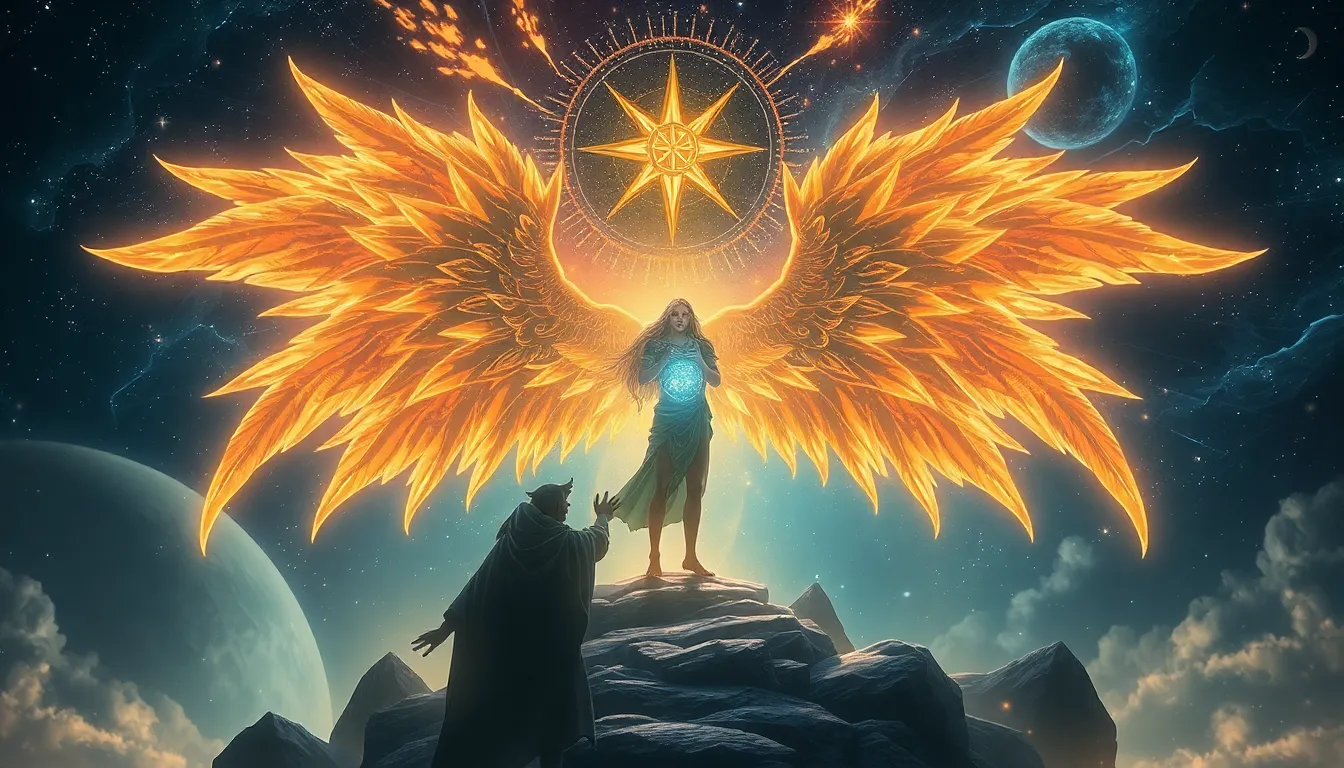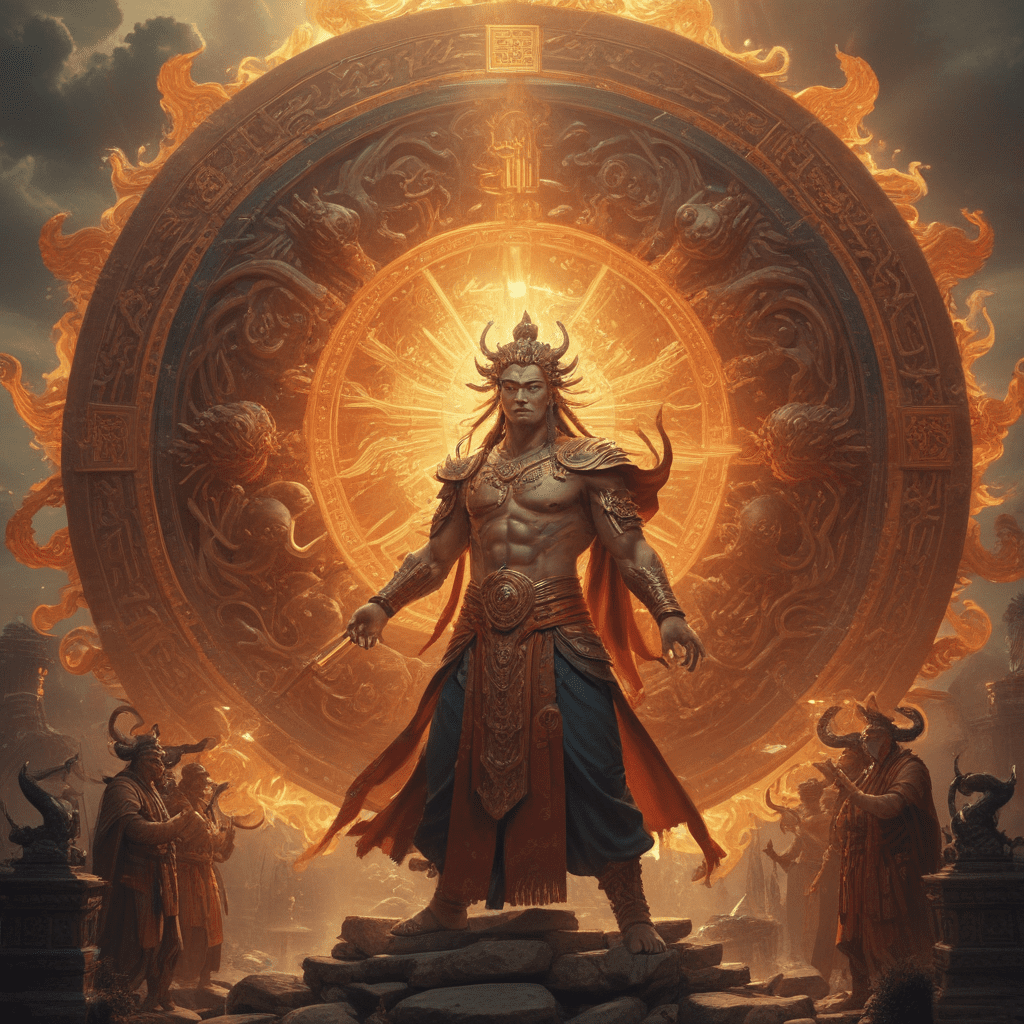The Afterlife Beliefs in Egyptian Mythology
Understanding the Afterlife in Ancient Egypt
In ancient Egyptian mythology, the belief in the afterlife was a fundamental aspect of their faith. The Egyptians believed that life on earth was just one part of an eternal journey, and the afterlife held great significance. This belief influenced various aspects of their culture, including funeral practices, burial customs, and religious rituals.
The Journey of the Soul in Egyptian Mythology
According to Egyptian mythology, the journey of the soul after death was complex and involved several stages. The soul would first travel to the Hall of Truth, where it would be judged by the deity Osiris. The heart of the deceased would be weighed against the feather of Ma’at, the goddess of truth and justice. If the heart was lighter than the feather, the soul would be granted access to the eternal paradise known as the Field of Reeds. However, if the heart was heavier, it would be devoured by the fearsome creature Ammit, and the soul would face a second death.
Life in the Afterlife
In the Egyptian afterlife, souls believed they would reunite with their loved ones and continue to exist in a state similar to their earthly life but without hardships or suffering. They also believed in the concept of ba and ka, which were aspects of the soul that needed to be sustained through offerings and rituals carried out by the living.
Funerary Practices and Beliefs
To ensure a successful journey in the afterlife, the Egyptians practiced elaborate embalming processes such as mummification. Tombs were filled with provisions and belongings to accompany the deceased on their journey. The burial tombs were constructed with intricate details and contained spells, known as the Book of the Dead, to assist the soul in navigating challenges in the underworld.
In conclusion, the afterlife beliefs in Egyptian mythology were rich and intricate, emphasizing the importance of preparation for the journey beyond death. These beliefs shaped the funerary practices and rituals of ancient Egypt, showcasing a remarkable devotion to the eternal continuation of life in the realm of the gods.

FAQs about The Afterlife Beliefs in Egyptian Mythology
What were the key beliefs about the afterlife in Egyptian mythology?
In Egyptian mythology, it was believed that after death, individuals would face judgment by the gods. If found worthy, they would enter the afterlife, a paradise-like realm known as the Field of Reeds. To ensure a successful transition, elaborate funeral rites and burial practices were performed.
Who was responsible for guiding the deceased to the afterlife?
The god Anubis, often depicted with a jackal head, played a crucial role in guiding the deceased through the afterlife. He was responsible for conducting the weighing of the heart ceremony, where the heart of the deceased was weighed against the feather of Ma’at, goddess of truth and justice.
What was the significance of the Book of the Dead in Egyptian afterlife beliefs?
The Book of the Dead, a collection of spells and rituals, served as a guide to help the deceased navigate the challenges of the afterlife and attain eternal life. It contained instructions on how to overcome obstacles and address various gods and demons encountered in the journey to the afterlife.



